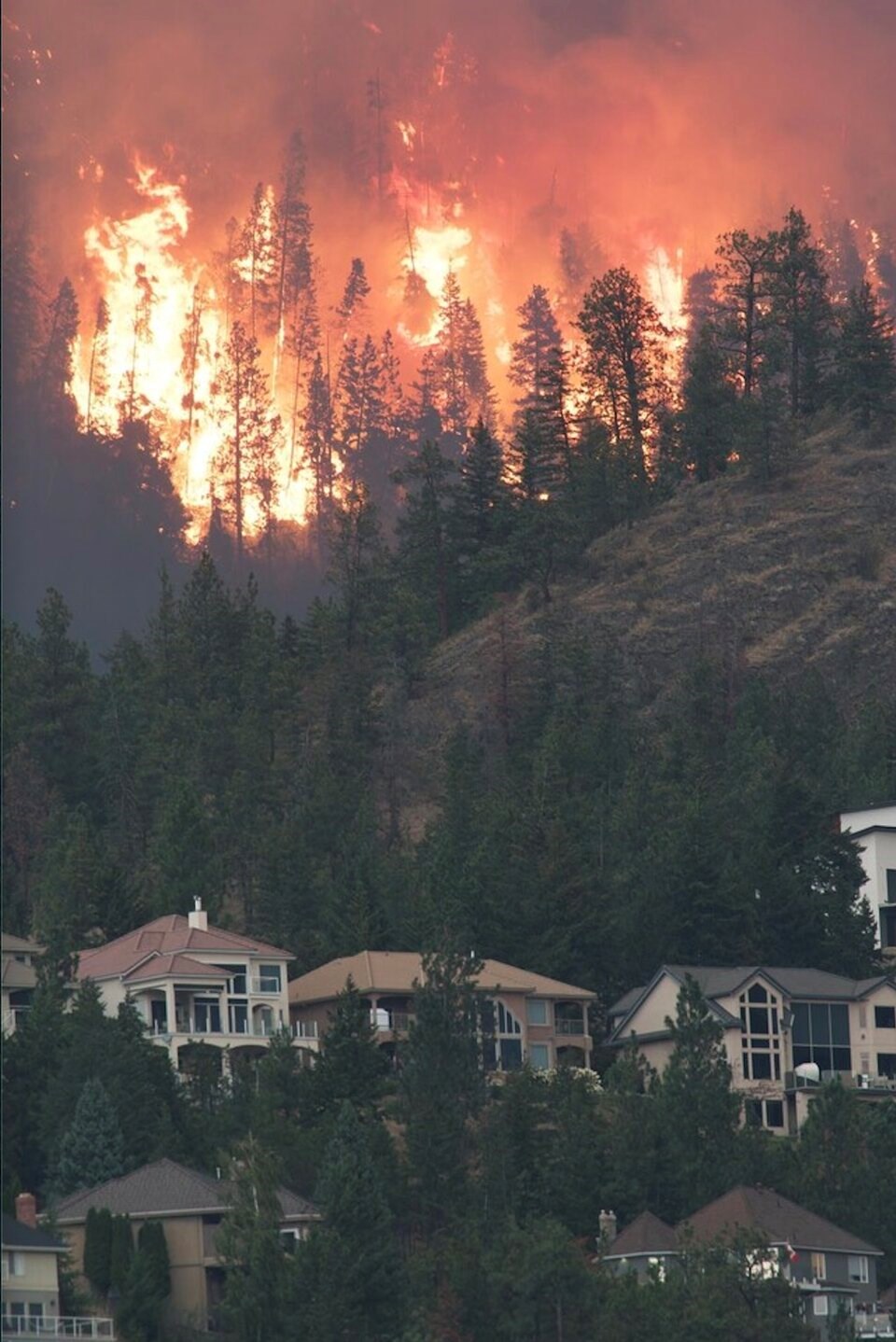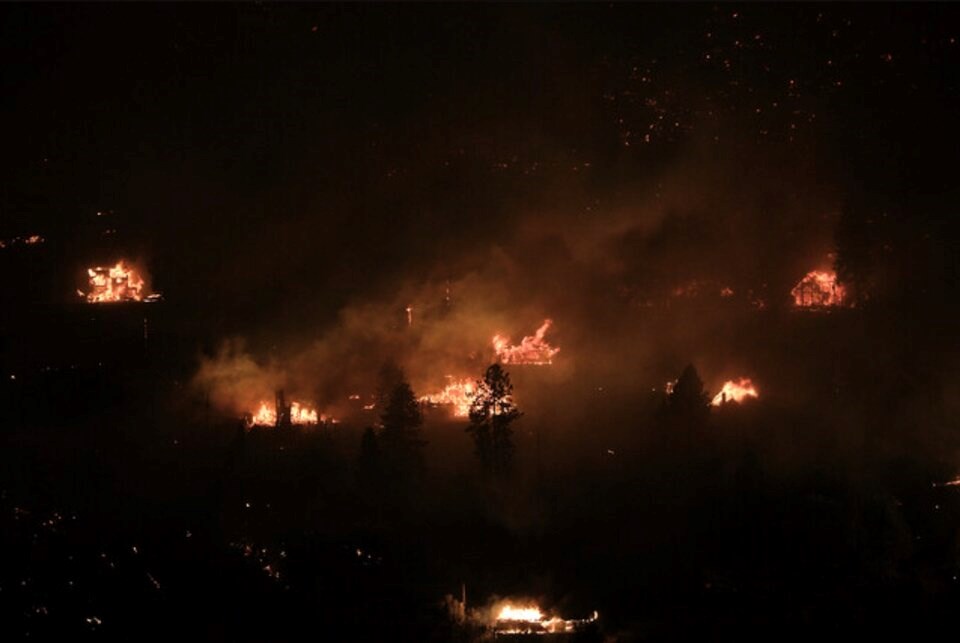The B.C. government has declared a provincial state of emergency as powerful winds sent wildfires raging out of control, sparking a massive uptick in evacuation orders across the province.
In the space of an hour Friday afternoon, evacuation orders across B.C. spiked, affecting 15,000 homes up from 4,500 earlier in the day. Tens of thousands more British Columbians remain on evacuation alert.
"This unprecedented situation has come to a head this evening," said Premier David Eby in a press conference Friday evening.
"In the last 24 hours the situation has evolved and deteriorated quite rapidly."
The state of emergency allows the province to enact a number of emergency orders, including legally enforceable travel restrictions to specific areas affected by wildfire. The "extraordinary orders" can also be used to muster heavy equipment and establish accomodations for evacuees.
On Friday, Bowinn Ma, Minister of Emergency Management and Climate Readiness, said the decision to declare a state of emergency was not taken lightly and done with advice of emergency management personnel.
“We’re in a situation where we have wildland firefighter camps being evacuated," she said. "So our wildland firefighters are being evacuated as well, as they are actively fighting wildfires.”
Ma said those in fire affected areas should prepare an emergency plan, be ready to leave and plan for a place to stay with friends or family elsewhere in the province.
"Please don't travel to affected areas," Eby, adding roads need to be clear for emergency crews and evacuees. "The situation is unpredictable right now, and there are certainly difficult days ahead."
On Thursday evening, firefighters in Kelowna, B.C., battled all night trying to save homes and pull people out of the path of the fire in a tactical evacuation. Many homes and structures were lost, though just how many is not yet clear.
West Kelowna Fire Chief Jason Brolund said the fire Thursday night was unlike anything he had ever seen. Brolund said first responders were trapped after they went to rescue people who chose to stay behind.
“It was one of the most challenging nights of firefighting in our history,” said Brolund.
“We fought a 100 years worth of fires all in one night.”
As day broke, the Kelowna International Airport closed its airspace so air tankers and helicopters could better operate.
Embers from the McDougall Creek wildfire blew across Okanagan Lake sparking fires on the east side where the City of Kelowna is located.
The University of British Columbia's Okanagan campus was evacuated as fires closed in. Another fire sprung to life at the city's . By late afternoon,.
Beyond the fire, smoke concentrations rose to a 10+, putting everyone's health at .

With files from Castanet




